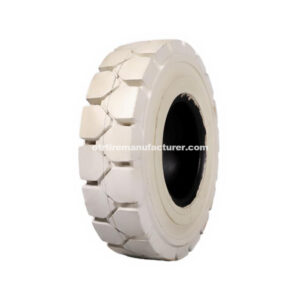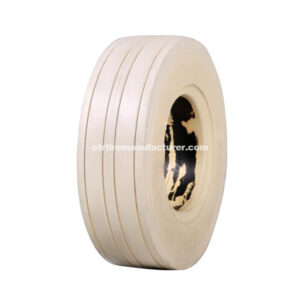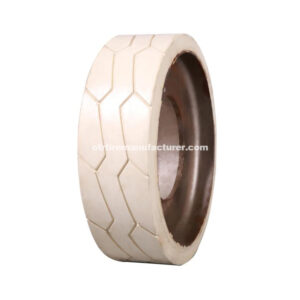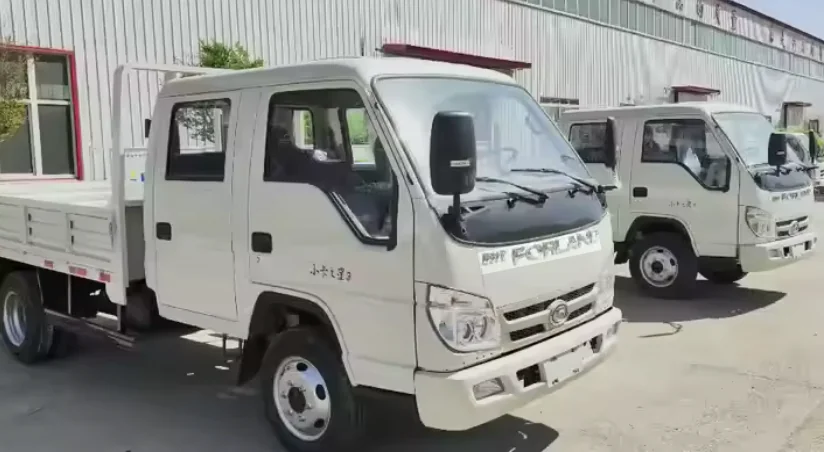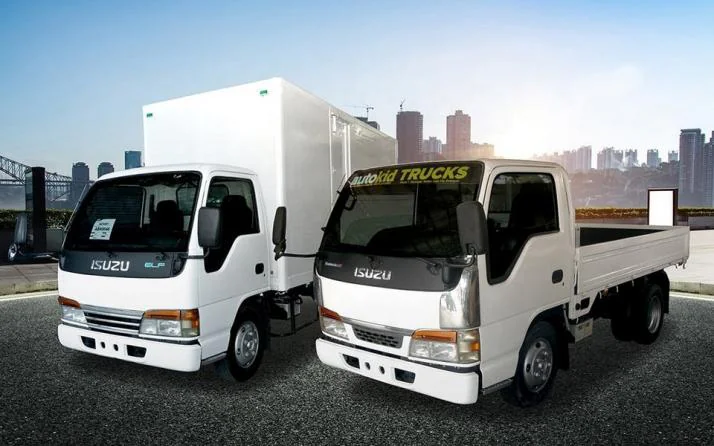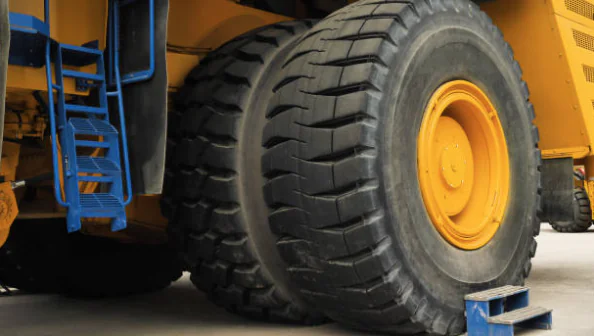I. Introduction
In modern logistics and warehousing, forklifts are essential equipment, and tires are a key factor in their performance and safety. Non marking forklift tyres have become increasingly popular in the industry due to their unique design and superior performance. Compared to traditional tires, non marking tyre not only effectively prevent floor scuffing but also provide better traction and stability. This article will delve into the advantages of non marking forklift tyres, their applications, and how to choose the right type of tire for your needs. Whether you are a warehouse manager or a forklift operator, understanding non marking tyre will help you enhance efficiency and safety in your operations.
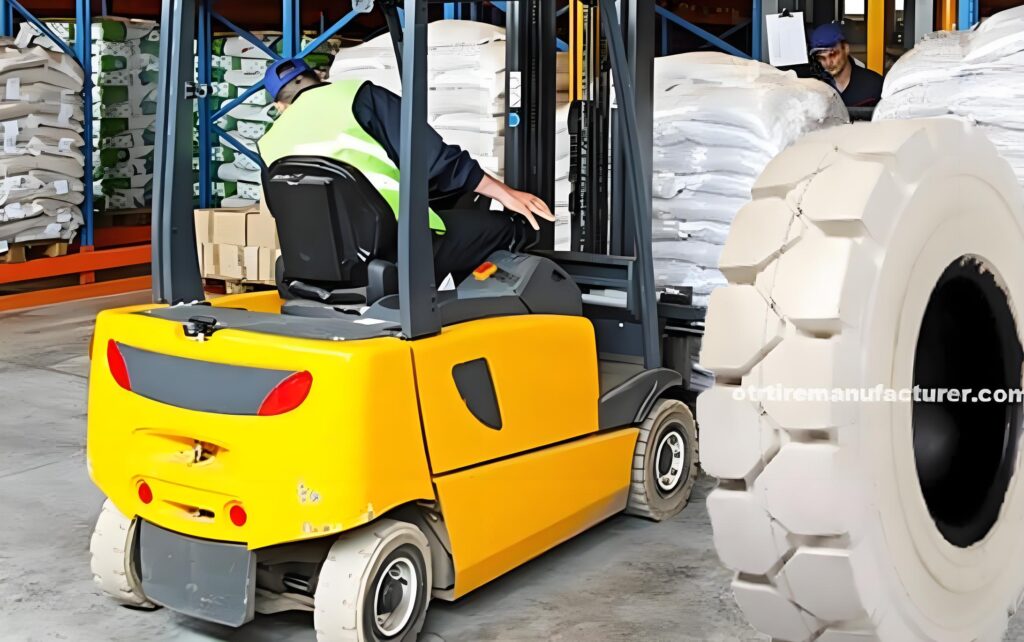
II. What Are Non Marking Forklift Tyres?
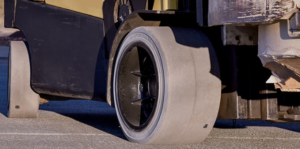
Non-marking forklift tires are usually white forklift tires or gray forklift tires, which can effectively remove dirt, residue and marks from warehouse floors, light-colored roads and floors. Non-marking tires are specially designed to leave almost no rubber residue on the floor, which is ideal for environments where floor cleanliness and aesthetics are important.
These tires are often used in places such as warehouses, retail stores and hospitals where floor damage or contamination may pose a serious challenge. Unlike standard tires that usually leave obvious marks or wear, non-marking tires use a unique rubber formula to prevent such problems. Tire categories generally include standard tires, pneumatic tires, solid tires and specialty tires, among which non-marking tires belong to the specialty tire category, which are specially designed to avoid ground damage and provide reliable performance.
III. How Non Marking tyre Differ from Standard Tires
Forlander Non-marking tires differ from standard tires primarily in their composition and appearance. Traditional tires are made with carbon black, a reinforcing filler that enhances durability, strength, and UV resistance. However, carbon black is also responsible for the black marks left on floors—a significant concern in environments that demand cleanliness and floor preservation.
To eliminate this issue, non-marking tires are manufactured using non-carbon compounds, such as silica, synthetic rubber, and other specialized fillers. These materials provide the necessary strength and performance while preventing the tires from leaving marks or stains on floors. Though they may not offer the same level of wear resistance as carbon black-reinforced tires, advances in material technology have significantly improved their durability and load-bearing capacity.

In terms of appearance, non-marking tires are visually distinct. They often come in colors like white, gray, beige, or natural rubber tan, which instantly differentiates them from the traditional black tires. This visual cue helps operators and facility managers identify appropriate tire types for clean or sensitive environments.
Overall, the key differences lie in the material composition and their impact on the working environment. Non-marking tires are purpose-built to protect floors and maintain hygiene without compromising essential performance standards.
IV. Types of Non Marking Tyres for Forklift
Forlander Non-marking tires are available in several types, each tailored for specific applications and operating environments. The most common types include solid, cushion, and pneumatic non-marking tires.
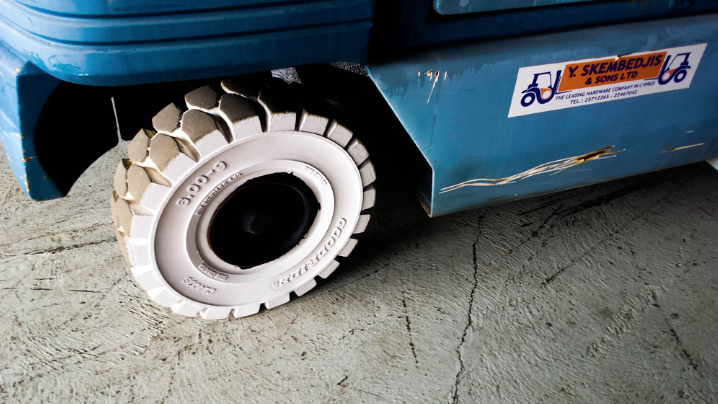
Solid non marking tyre is made entirely of rubber or polyurethane and are extremely durable and puncture-resistant. These tires are commonly used on forklifts, pallet jacks, and other material handling equipment operating in warehouses and factories. Their robust construction makes them ideal for environments with debris or where tire damage is a concern.
Cushion non marking tyre is similar in build but are designed specifically for smooth indoor surfaces. They offer a lower profile and are pressed directly onto the wheel, making them suitable for tight spaces and indoor operations. Cushion tires are commonly found on electric forklifts and floor-cleaning machines operating on concrete or tile surfaces.
Pneumatic non marking tyre, on the other hand, is air-filled and provide excellent shock absorption. They are ideal for equipment that must travel over uneven or rough surfaces, such as electric pallet trucks or tow tractors used in indoor/outdoor settings. These tires offer a smoother ride and better traction but require more maintenance than solid alternatives.
Choosing the right type depends on the specific demands of your operation, surface conditions, and equipment type.
V. Benefits of Using Non-Marking Tires

Forlander Non Marking Forklift Tyres the obvious benefit is that they reduce floor marking, meaning you don’t need to spend much money or additional time for floor cleaning. Even if you’re not necessarily worried about flooring getting marked up, purchasing this type of forklift tires can be beneficial for maintaining a clean and safe environment (super necessary in food industries and chemical factories). Aside from not leaving black marks on the ground, non marking tyre don’t produce a black dust, normally produced after experiencing tire wear, such dust can lead to contamination and create an unclean environment.
The core and base of these tires are similar to solid cushion tires, so you get the flat-proof benefits, also the performance characteristics are exactly the same as black tires. Furthermore, Non Marking tyre still maintain good traction, low rolling resistance, low heat build-up, high load carrying capacities and tread life due to the use of silica based compounds.
VI. Popular non-marking tire Model
Forlander ND101 Non-Marking Solid Tires
ND101 non-marking solid tire is environmentally friendly and leaves no trace, perfect for clean environments. Features clean operation, material versatility, environmental protection, safety features, durable performance
Forlander ND102 Non-Marking Solid Tires
ND102 non-marking solid tires leave no marks, have low rolling resistance, and are ideal for clean environments.
Features non-marking operation, low rolling resistance, environmentally friendly materials, industry versatility
Forlander ND103 Non-Marking Solid Forklift Tires
ND103 non-marking solid tire combines durability, efficiency and environmental protection.Durable, energy-saving, environmentally friendly, maintenance-free, three-level technology
VII. Conclusion
Forlander Non-marking tires are essential in industries where cleanliness, floor protection, and safety are top priorities. From warehouses and retail spaces to food production and healthcare facilities, these tires help maintain spotless environments while supporting efficient operations. By eliminating unsightly marks and reducing maintenance needs, they offer both practical and economic benefits. When selecting the right non-marking tire, it’s important to consider your specific application, load requirements, and surface conditions. With the right choice, you can enhance productivity, extend floor life, and meet strict cleanliness standards—making non-marking tires a smart, long-term investment for your business.
